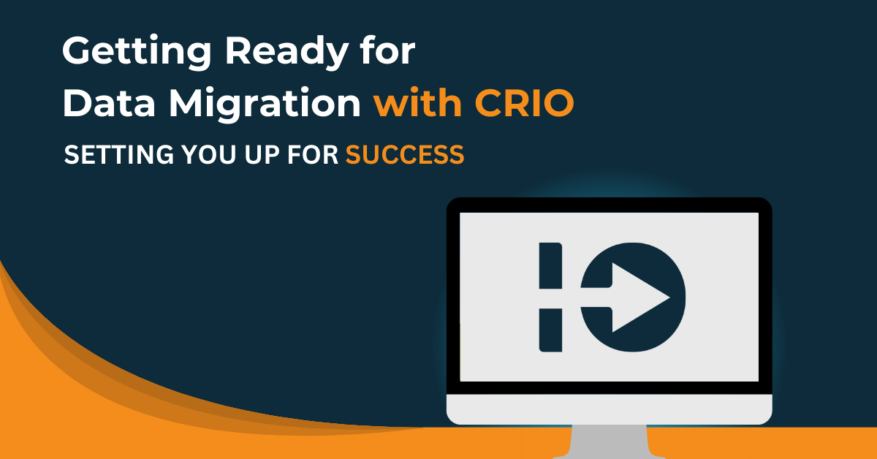3 Reasons You Should Be Using CRIO’s Custom Reports

Standard versus Custom Reports
Every site has its own definition of success. As a clinical research site owner, manager, or medical director, you might be considering a deep dive into your analytics to guide decision-making and demonstrate progress to stakeholders. Sometimes, Standard Reports can get you just what you need. Standard Reports are report templates, which are great for surface-level data. These can give you a glimpse into the overall picture of your site. But Standard Reports won’t tell you everything you might want to know about your site’s performance.
Custom Reports allow you to see correlations that you can’t see in Standard Reports. These reports drive analytics with even greater filtering capabilities. Custom Reports are created from scratch and can be built to specification. With Custom Reports, you choose the metrics and dimensions defining where you want your report to focus – this capability can give you deeper insight into your operations. If you’re looking to have even stronger data to drive decision-making, Custom Reports might be the right solution for you. What information do you really need to get to the heart of your data?
Here are 3 reasons you should be using Custom Reports:
1. More than just the revenue numbers.
Sometimes, looking at just the revenue numbers isn’t enough. Custom Reports allow you to identify areas for quick wins and plan for long-term goals. With Custom Reports, you can aggregate data, by study, across different sites. Use Custom Reports to closely examine your data to understand what’s working – so you can duplicate the success – or identify what’s not working, so you can pivot and direct your efforts elsewhere.
2. Choose the metrics and dimensions that make the most sense for your site.
Data can be both wonderful and overwhelming. Too much data can induce data analysis paralysis. What information is most important to your operations? Custom Reporting allows you to omit data that isn’t relevant to your site. Perhaps you’re interested in tracking aging revenue by the due date. Or maybe you’d like to gauge enrollment changes at your site by the week. With Custom Reports, you can sort through source data, export protocol deviation logs, send weekly finance reports, and more. Custom Reports gives you the ability to better analyze your site’s progress and share this data with key stakeholders.
3. Easily share data with key stakeholders.
Custom Reports enable you to build customized visualizations and pre-schedule your own reports. You can save time and energy from having to scrutinize your available data to find something specific. Offering a variety of customizable reporting structures and visualizations, Custom Reports makes it easier to find and deliver the right analytics, to the right people, at the right time. While Standard Reports generally have a good amount of pre-defined templates, Custom Reports consistently present specific data to stakeholders, without having to dredge the information out from elsewhere and risk data integrity or interpretation. Custom Reports are customized for your site’s needs and let you hone in on exactly what you need to know to improve your site’s performance.
Every site has individualized goals and different strategies to meet them. Your site might need the ability to customize analytics to figure out what success looks like for your unique situation. With the right data at your fingertips, you can duplicate your success, or strengthen your site’s performance and win more study awards. If you’d like to learn more about CRIO and our Custom Reports, we’d love to give you a walkthrough. Schedule a demo today.




